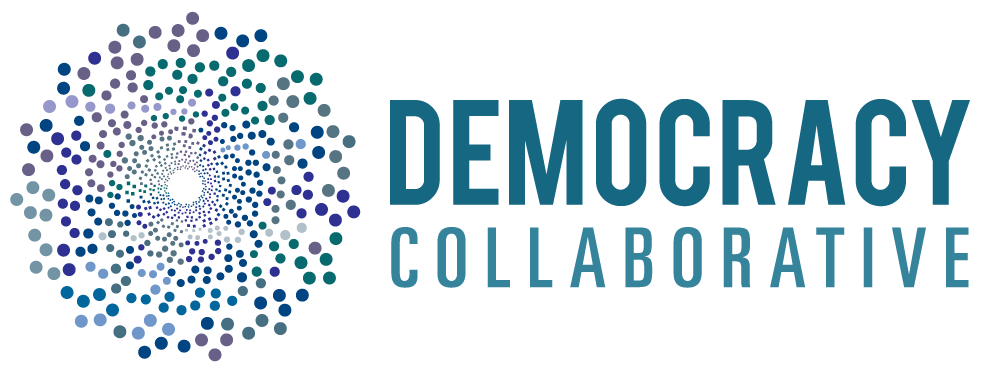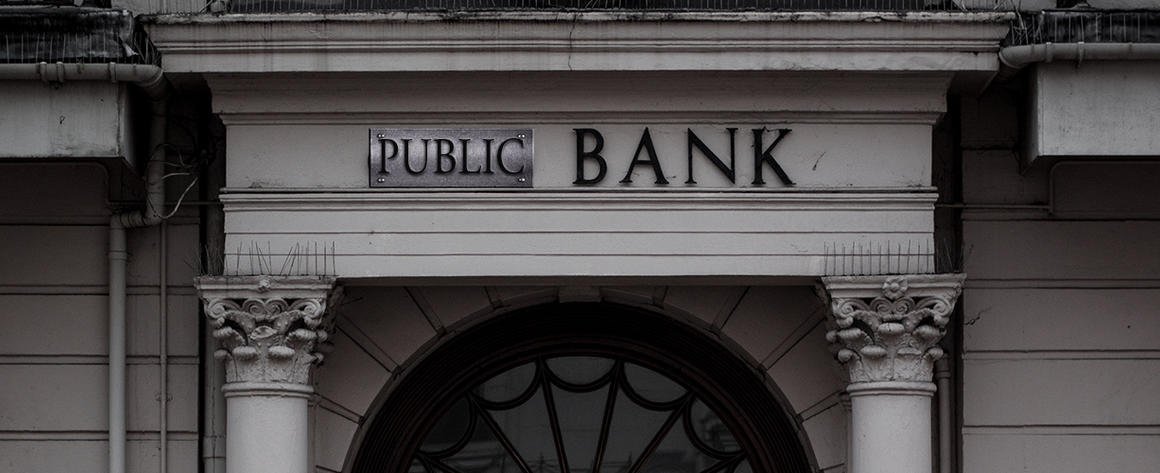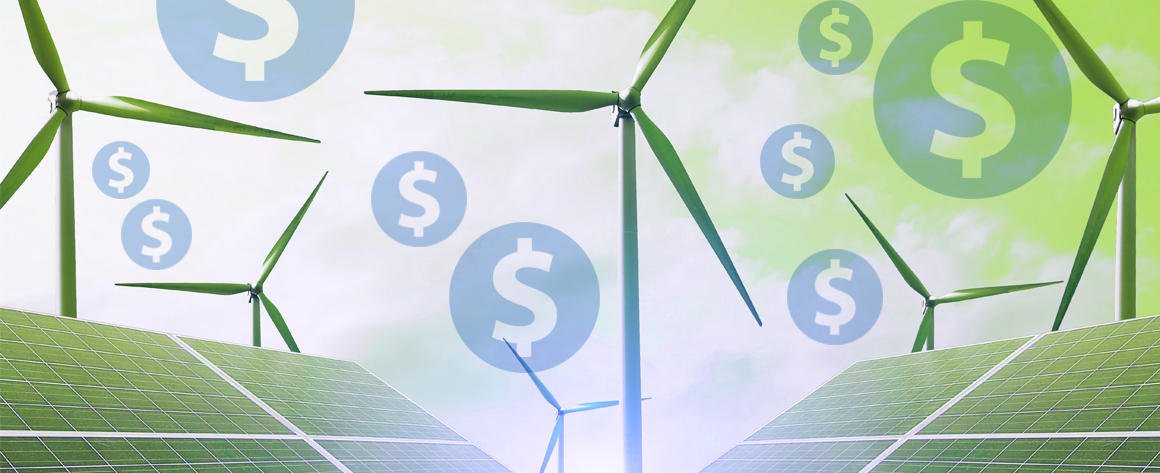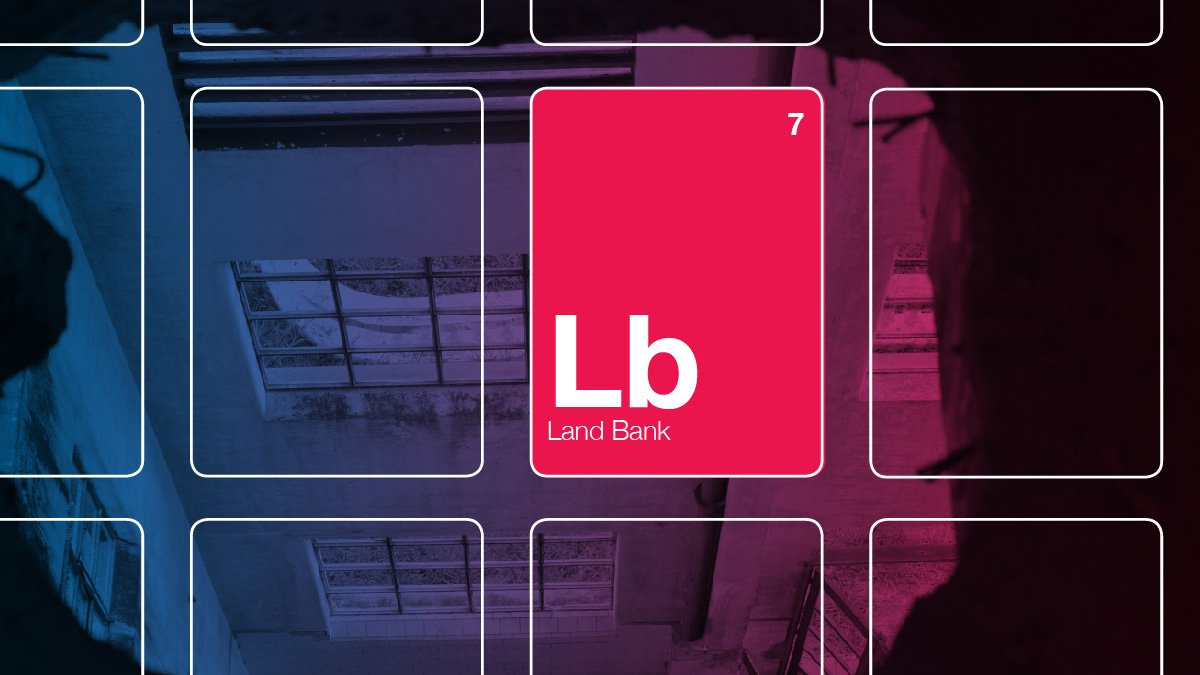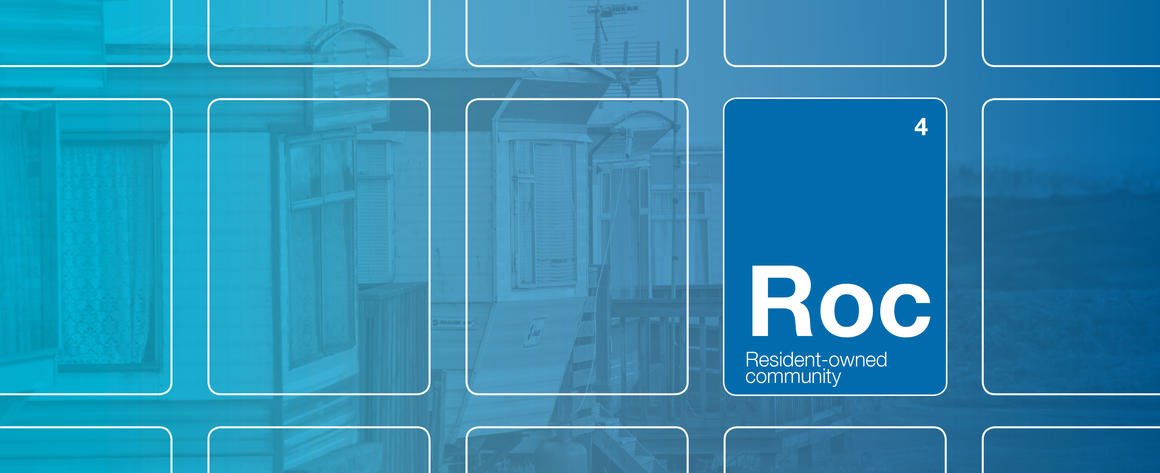Featured Publications
On this page, we feature some of our publications, including reports and books, that help to map the DNA of the democratic economy and what it will take for us to build it.
Wealth Supremacy: How the Extractive Economy and the Biased Rules of Capitalism Drive Today’s Crises
In her latest book, The Democracy Collaborative’s distinguished senior fellow Marjorie Kelly identifies a key driving force behind the multiple global crises we face today: financialization, the logical outcome of a system based on “wealth supremacy,”
A new era for community wealth building
This report shows how community wealth building uniquely meets the crises of our time and how this model is already reshaping cities and communities across the globe, including a landmark opportunity in Chicago.
Health innovation policy for the people
This paper identifies four harms of this approach, specifically for health equity. It does not consider concerns of accessibility or affordability, defining these as health care, rather than innovation, problems. It limits the range of innovators, and also distorts innovation incentives. Finally, it tolerates harmful, and even biased, innovation.
A “new direction”: Rediscovering community wealth building in an age of gentrification
Cooperative movements and new economy advocates must pivot in a new direction that blends place and the democratic economy into a holistic solution that sustains and preserves community over the individual. Ironically, this “new direction” isn’t new.
Constructing the Democratic Public Bank: A governance proposal for Los Angeles
The design of a public bank is a political process with important choices to be made at every step. Banking, finance, and policymaking are intentionally obscure and technocratic terrains. Ensuring the new public banks are designed to address these crises requires ongoing popular education and engagement.
A Common Platform: Reimagining data and platforms
Digital platforms have proven indispensable to how we live, work, and play. The challenge is to set principles and implement policies that liberate the democratic and enlivening potential of the platform from the logic of concentrated corporate ownership and profit maximization.
Democratic digital infrastructure
We need to build a digital landscape that provides world-class connection to all and is sustainable, privacy-enhancing, rights-preserving, innovative, and democratic by design. This report makes the case for democratic public ownership of the foundational digital infrastructures of the 21st century.
The case for public ownership of the fossil fuel industry
The U.S. fossil fuel industry continues to seek bailouts during the COVID-19 crisis, as global oil demand craters and crude oil floods an already oversupplied market. We need public ownership for the people, not a bailout for fossil fuel executives.
A US green investment bank for all: Democratized finance for a just transition
In ways unimaginable just a few years ago, public banking and its potential for catalyzing a transition to a green and just future have been catapulted to the center of political and economic debate. The reason: The greed-driven excesses of Wall Street and global finance that gave rise to the 2008-09 global financial crisis are now continuing to drive today’s global crisis of climate finance.
Building Resiliency through Green Infrastructure: A Community Wealth Building Approach
Creating climate-resilient cities takes more than a series of infrastructure investments; more than sea walls and permeable pavement. It takes investment in people. Those most vulnerable to the effects of climate change are those without living wages or access to political power—very often communities of color. As the seas continue to rise, climate resiliency strategies need to not only build the infrastructure but also tackle the underlying reasons why those who bear the disproportionate burden of climate change are those with the least ability to recover.
Public Banks
Public banks receive their revenue through mechanisms set by the jurisdictions that run them. They invest, lend, and provide banking services, often at below-market rates and sometimes in partnership with community banks. Their “return on investment” is measured less in financial returns and more in their success in supporting such social goods as affordable housing, neighborhood development, infrastructure, small business development, education, and job creation. In modern economies, it is lending by large commercial banks, rather than actions by the state, that creates the majority of the money supply. Public banks are a way to democratize the money-creation process and ensure that the process is used for public purposes.
Taking climate action to the next level
Real climate leadership means taking on the root causes of climate change and other societal ills to change the system before we breach critical thresholds in temperature rises. We need to start implementing energy interventions today in key points of the system with the aims of keeping fossil fuels in the ground, deploying renewable energy, and changing our political economy.
Community Land Trust
With meaningful public investment & support, community land trusts can help redefine affordable housing, strengthening a culture and practice of ownership among historically marginalized communities.
Community Control of Land and Housing: Exploring strategies for combating displacement, expanding ownership, and building community wealth
Today, many communities across the country are facing new threats of instability, unaffordability, disempowerment, and displacement due to various economic, demographic, and cultural changes that are putting increased pressure on land and housing resources. This report provides an overview of strategies and tools that, as a group, represent an innovative and potentially powerful new approach—one that establishes, in various ways, community control of land and housing.
Building Community Capacity for Energy Democracy: A Deck of Strategies
Energy democracy is the simple idea that the transition we urgently need to clean, renewable sources of energy should be accomplished hand-in-hand with the expansion of a more equitable economy and of a more participatory democracy. Here’s a deck designed to let you explore and remix the basic elements of an inclusive and sustainable energy system, grounded in the agency of communities to shape their own ecological and economic futures.
